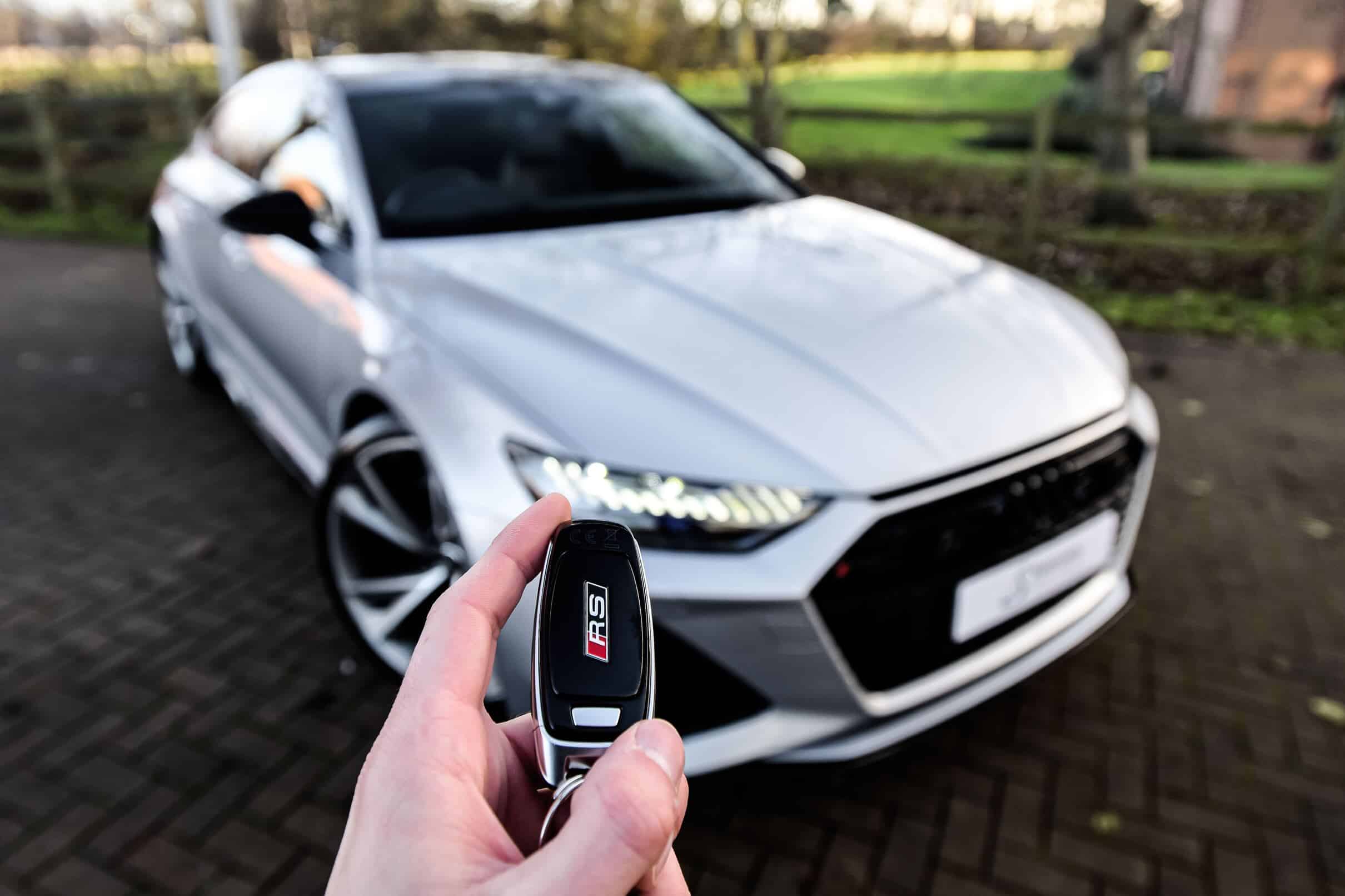Introduction
When your car finance deal still has some way to go, whether it’s a Personal Contract Purchase (PCP) or Hire Purchase (HP), you might assume you’re stuck until it ends. Fortunately, part‐exchanging a vehicle mid-contract is often possible, and when done smartly it can help you move into a car that better suits new needs without unnecessarily high costs. In this article I’ll walk you through what you really need to know about part-exchange under PCP vs HP finance: the legal, financial and strategic aspects, underpinned by real data so you make confident choices.

What PCP and HP Finance Are And How They Differ in Practice
Personal Contract Purchase (PCP) has grown enormously in the UK. Over 80% of new cars are now financed via PCP. Under PCP you pay a deposit, then a series of lower monthly payments, and at the end there’s an optional “balloon” payment (also called Guaranteed Minimum Future Value, GMFV) if you want to own it outright. Otherwise you can return it, or often part‐exchange.
Hire Purchase (HP) is more straightforward. The payments you make go toward buying the car: once you’ve paid all instalments (plus any deposit), you own the car. There’s no balloon payment, fewer optional endings, and fewer penalties for things like exceeding mileage (though HP may still have contract terms to watch).
Can You Part-Exchange a Car with Outstanding PCP or HP Finance?

Yes, you can part-exchange a vehicle even if your PCP or HP contract is still active. The dealer can settle your existing finance, use the vehicle’s trade‐in valuation, and wrap the remainder into a new deal.
But “possible” doesn’t mean “cost-free.” Under PCP, because of the GMFV or optional balloon, the car’s value at any given moment might be well below what you still owe if depreciation has been underestimated. HP deals have less of this issue, since you are gradually paying off more of the car’s value.
Equity: Positive, Neutral or Negative: What It Means for You Financially
Equity is the difference between your car’s current market value (what you could reasonably expect to get for it) and the remaining balance on your finance agreement.
If the car’s value exceeds what you still owe, you have positive equity. This can act like a deposit for your next vehicle, reducing the cost or monthly payments under your new PCP or HP agreement.
If market value and what you owe are similar, that’s neutral equity, meaning you’re roughly in balance.
If you owe more than the car is worth, you have negative equity. This is more common with PCPs where residual values were set optimistically, over time depreciation, high mileage, or market conditions can widen the gap.
In the case of negative equity, the difference must be dealt with: either paid off, or added into your new finance agreement (but note this increases monthly payments and overall interest).
Step-By-Step: How Part-Exchange with PCP or HP Works
First, obtain a settlement figure from your finance provider. This is what you need to pay now to clear your existing agreement. It includes outstanding instalments, interest, and sometimes early settlement/administration fees. Under PCP there might be additional costs tied to exceeding agreed mileage and wear/tear.
Second, get your car professionally valued (dealership, trade‐in, independent). Consider age, mileage, condition, service history. The valuation is what the dealer is willing to credit you toward your next vehicle. Differences between trade‐in value and your own estimate can make a big difference in the equity you’ll have.
Third, compare the outstanding finance figure to the valuation. If you have positive equity, that helps. If negative, be prepared to decide whether to roll that deficit into the next deal or try to partially pay it off. HP might give you more clarity here because ownership is more straightforward.
Fourth, negotiate with the dealership when choosing your new car and finance method. Ask how much of your equity (if positive) is being considered, what additional fees are involved, and whether your new monthly payments or term will increase because of negative equity.
Finally, once agreement is reached, the dealer or finance company settles your previous contract, transfers ownership of the old car, and you enter into the new PCP or HP agreement (or pay the balloon payment if keeping ownership). Make sure all paperwork is clear, including finance terms, early termination risks, excess mileage penalties etc.
Strategic Advice: How to Make Part-Exchange Work in Your Favour
If you’re considering switching car before your PCP or HP deal ends, timing and inspection matter. Well-maintained cars with full service history and low excess mileage tend to fetch higher trade-in valuations. It may be worthwhile to wait until your car has reached a point where depreciation has flattened.
When you explore your next finance deal, always compare offers, not just monthly payments but total cost including interest, balloon payments (if PCP), fees, and how any negative equity might be handled. Use a finance calculator to model different scenarios.
If you have bad credit, certain PCP or HP lenders specialising in bad credit car finance (Hire Purchase or PCP bad credit options) might offer more accommodating terms, but expect higher interest or larger deposits. Choosing no deposit car finance is an alternative if upfront funds are low, but be cautious of increased monthly cost.
Whenever possible, aim for a part-exchange when the valuation is maximised (good condition, recent MOT/service), and settle any negative equity if manageable so it doesn’t compound in your new finance.
Conclusion

Part-exchanging a car that’s still under PCP or HP finance is absolutely possible. Understanding how PCP and HP differ, calculating your equity status (positive, neutral, or negative), obtaining accurate valuation, and negotiating carefully can save you thousands.





